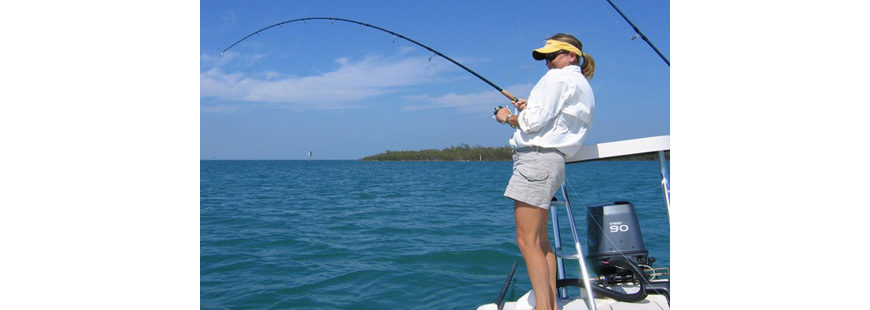A thought that saturates my consciousness with respect to conservation in general is what I have come to think of as the psychological problem of urbanization. Since the high middle ages, in the West, people have been increasingly, gradually, aggregating in cities. And this aggregation is speeding up. A threshold was crossed in the American South in the 1990’s when, for the first time, more people lived in cities than lived in rural areas.
Urbanization is by no means merely a Western phenomenon. China now has 102 cities with populations over one million. Sixteen of those cities have populations over ten million. The population of Lagos, Nigeria is now 47 times what it was in 1950. More people now live in the Dallas-Fort Worth metropolitan area (my home) than lived in all of North America, according to the best estimates, in 1492 – when Columbus sailed the ocean blue.
Urbanization as a trend has been going on for a long time, certainly for centuries, but the pace and the scale, when coupled with world population growth overall, have picked up enormously in the last half century or so. The full implications of what urbanization will mean, economically, socially, and in other ways, will be manifested only gradually.
The physical effects of urbanization on the environment seem to be a mixture of good and bad, but mostly bad, and the good remains mostly in the realm of potential. Birth rates among city dwellers, for example, tend to fall to, or below, replacement levels, and the aggregation of people makes per capita energy consumption marginally more efficient in cities than in rural areas. On the other hand, cities are notorious heat islands, on average several degrees warmer than surrounding rural and wild areas. Impermeable surfaces – rooftops, concrete roads and such – have deleterious effects on soil hydrology, erosion, downstream flooding and eutrophication, causing or exacerbating algae blooms and dead zones in coastal wetlands and marine habitats.
But a less tangible implication of urbanization on the environment is psychological. People in cities are simply further removed from the primary realities of nature: soil, water, sunlight, animal and plant life. City dwellers spend more time indoors and are seldom confronted with, for example, the fundamental sources of the products they consume. That wood comes from forests, or that a tuna salad sandwich was until recently swimming merrily through the sea, are facts that simply do not confront people living in cities. Of course most city dwellers are aware of these facts, but their awareness of them is not at the forefront of their consciousness. They are abstractions.
This in turn is a political problem. People tend to care about issues with which they are confronted. The contours of a syllogism begin to take shape. The human population of the planet is shifting to cities, which means the ecological consciousness of the earth’s population is diminishing. In democracies such as our own, this means that political pressure in favor of conservation is diminishing proportionately. The upshot: the psychological effects of urbanization are bad for the environment.
I recently had an opportunity to take a bunch of city-dwelling kids fishing. Some friends and I, fishermen all, teamed up with a local ministry that serves urban kids whose dads aren’t around. None of the kids had ever been fishing. We trundled out to a ranch with some well-stocked ponds along the Trinity River, and spent the afternoon catching bluegill, crappie, and largemouth bass. A local tackle shop outfitted us with rods and reels that the kids could keep. A few boxes of nightcrawlers and crickets rounded out the gear list. We concluded the afternoon with hotdogs, chips, and Coke. All the kids left with trophies and big smiles on their faces.
The experience reminded me of the parable of the sower, a story told to another group of fishermen two thousand years ago:
“A sower went out to sow. And as he sowed, some seed fell along the path, and the birds came and devoured it. Other seed fell on rocky ground, where it had not much soil, and immediately it sprang up, since it had no depth of soil; and when the sun rose it was scorched, and since it had no root it withered away. Other seed fell among thorns and the thorns grew up and choked it, and it yielded no grain. And other seeds fell into good soil and brought forth grain, growing up and increasing and yielding thirtyfold and sixtyfold and a hundredfold… He who has ears to hear, let him hear.”
I’m under no illusions about the planet-saving efficacy of our little day trip. To say it was a drop in the bucket would perhaps be overstating the case. It was a drop in the ocean. But for me it was a matter of truth-telling demonstration, and a matter of duty. The city lights obscure the reality of the natural world from those kids and everyone else who lives there. The truth about sunlight, soil, water, fish, food webs, and about our place in the grand scheme of things, is a complex truth to say the least. It can perhaps only be demonstrated – glimpsed – piecemeal and for a few hours at a time, here and there, in threads and patches. But for those of us who know and care, for anglers, that is, who understand the moral weight of our custody of our natural resources, there is in a sense nothing else to do but tell the truth to whoever’s willing to listen. Before long, those kids will be eligible to vote. And I am glad to have had the opportunity to sow a little seed.


